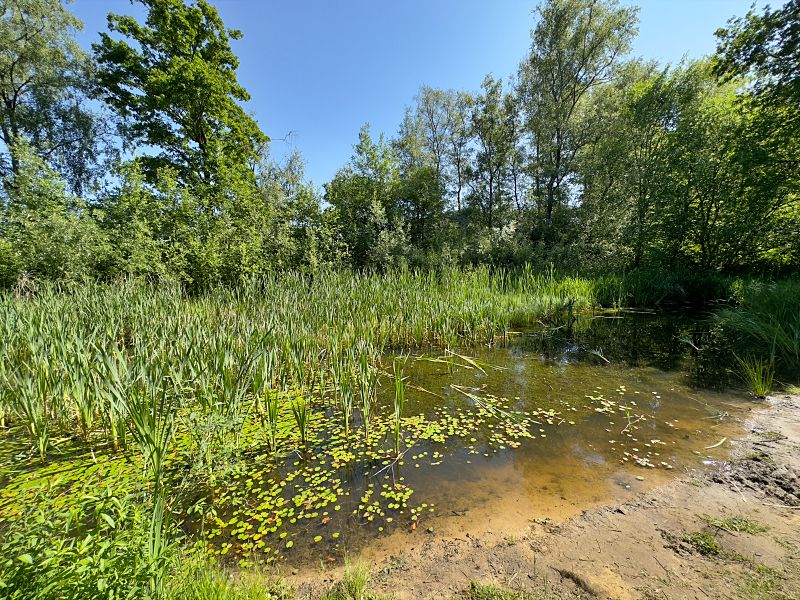Share:
European Parliament backs landmark Nature Restoration Law

Strasbourg, 12 July 2023 – In a momentous decision, the European Union (EU) has successfully passed a historic bill aimed at restoring nature, safeguarding biodiversity, and promoting sustainable land and soil use. The legislation, which received widespread support, marks a significant step forward in the EU’s commitment to combatting climate change and restoring the health of ecosystems across the continent.
The EU Commission’s conclusion that member states had not done enough to halt species extinction and restore devastated ecosystems provided the impetus for this crucial legislation, urging “more decisive action.”
Aligned with the ambitious targets outlined in the European Green Deal, the bill requires EU member states to implement restoration measures to bring at least 30% of habitats in terrestrial, coastal, freshwater, and marine ecosystems into good condition by 2030. This commitment aims to reverse the alarming decline of Europe’s ecosystems and sets the stage for achieving climate neutrality by 2050.
The nature restoration law, proposed in June 2022, serves as a foundational pillar of the comprehensive EU Green Deal, a far-reaching package of policy initiatives designed to set the EU on a sustainable trajectory. Among its specific provisions, the legislation seeks to restore nature through measures such as the revitalization of drained peatlands, the expansion of green spaces in urban areas, and the enhancement of biodiversity in agricultural and forestry lands.
The proposal is the first major EU biodiversity law since the Habitats Directive in 1992 and follows the commitments made by the European Commission in the EU Biodiversity Strategy for 2030 which calls for the recovery of high-quality and resilient ecosystems in the EU.
The passage of this bill received significant support from activists and environmental advocates, with notable figures such as climate activist Greta Thunberg gathering at the European Parliament to rally behind the cause. Thunberg emphasized the importance of enacting the strongest possible legislation, stressing that anything less would be a “betrayal to future generations.” The widespread presence of protesters underscored the urgency and gravity of the situation, as citizens demand action to protect and restore the natural world.
Supporters of the law recognize its crucial role in accelerating efforts to safeguard and rejuvenate ecosystems. By enabling the survival and thriving of plants, animals, birds, and insects, the legislation will foster biodiversity, store carbon in the land, and mitigate greenhouse gas emissions. Furthermore, it aims to ensure that humans can continue to benefit from the land through sustainable practices in areas such as food production and water quality.
While opponents of the bill expressed concerns about the capacity of member states to implement the proposed measures and the potential repurposing of agricultural land, the legislation’s supporters argue that these challenges can be overcome. They emphasize the importance of urgent and comprehensive action to protect the environment, and assert that the benefits of restoring nature will ultimately outweigh any short-term adjustments that need to be made.
The passage of this groundbreaking legislation by the EU serves as a clear signal to the international community of the union’s commitment to combatting climate change and protecting biodiversity. It sets an inspiring example for nations worldwide, demonstrating that effective environmental stewardship and sustainable land use are not only necessary but also achievable goals.
With the new law in place, the EU stands poised to lead the way in building a greener and more resilient future for generations to come.
More information: Nature Restoration Law






